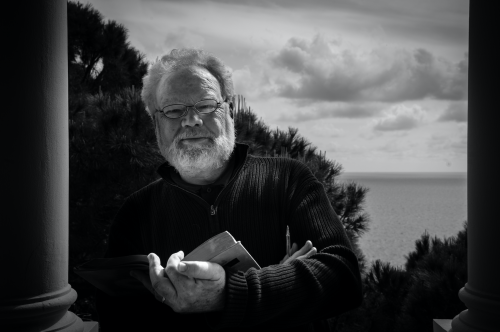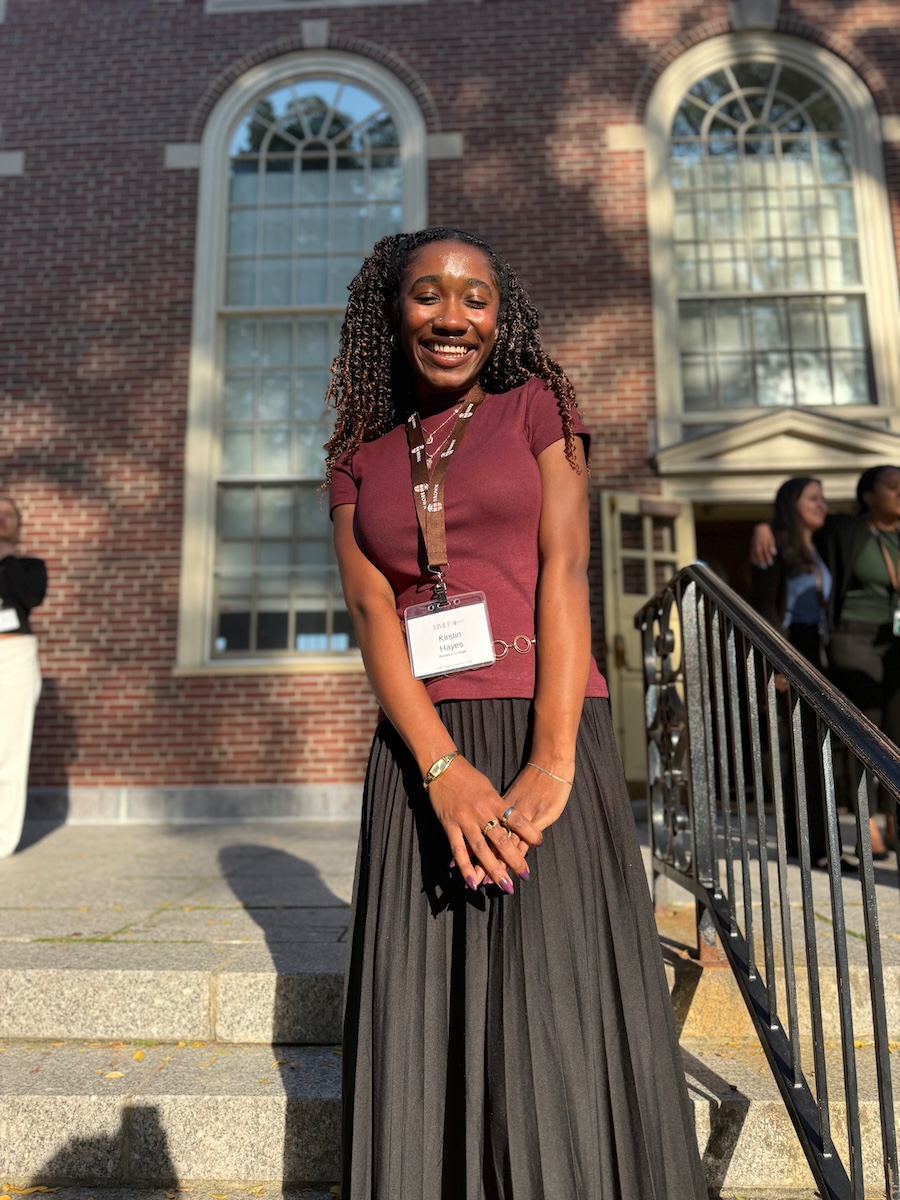Military Historian and Author Tom Ricks Joining Bowdoin as Visiting Fellow in History
By Tom Porter
The noted military historian and writer Tom Ricks is joining Bowdoin College in July 2018 as a visiting fellow in history, a post he will hold for one year. As a journalist, Ricks wrote about military affairs for The Wall Street Journal and The Washington Post, reporting from such places as Somalia, Kosovo, Afghanistan, and Iraq. On both papers he was part of reporting teams that won Pulitzer Prizes.
New York Times Book Review
Ricks reviewed eight books for the May 25, 2018, edition of The New York Times Book Review.
Read “Military History: Fighting Wars Past, Present and Future.”
Ricks is currently the military history columnist for The New York Times Book Review, and has also written on defense matters in Atlantic Monthly and other publications. He has authored six books, the best known of which is Fiasco: The American Military Adventure in Iraq, 2003-05 (2006), which was number one on The New York Times bestseller list and a Pulitzer Prize finalist in 2007. His most recent book, and his fourth consecutive New York Times bestseller, is Churchill and Orwell: The Fight for Freedom (May 2017).
During his time at Bowdoin, Ricks will be researching his next book, which is about the educations of the first four US presidents, particularly looking how several of them drew on ideas from ancient Rome and Athens. Washington largely received his education in the saddle and on the frontier, says Ricks, serving in the French and Indian War, whereas the other three—Adams, Jefferson, and Madison—were steeped in classical history and philosophy, which helped shape their approaches to writing the Declaration of Independence and the Constitution. “The book looks at who taught them, which includes a surprising number of Scottish tutors,” says Ricks, “what they studied, and how they applied those lessons.”
Ricks describes it as an exciting but sprawling project. “It is multi-disciplinary,” he says, “covering aspects of ancient philosophy, ancient history, European intellectual history, and, most of all, American history—political, military, and intellectual.” More than any of his previous six books, Ricks says this one needs an academic environment. “Access to a good library is helpful, but even more important is the ability to talk to members of a history department, a classics department, and others.”
The benefits of such conversation, says Ricks, were brought home to him at a “lively” dinner with several Bowdoin faculty members in early April. “The dinner was a lot of fun, which made me all the more eager to affiliate with Bowdoin. I look forward to more such meetings—and down the road, perhaps even some time in classrooms with students.”



